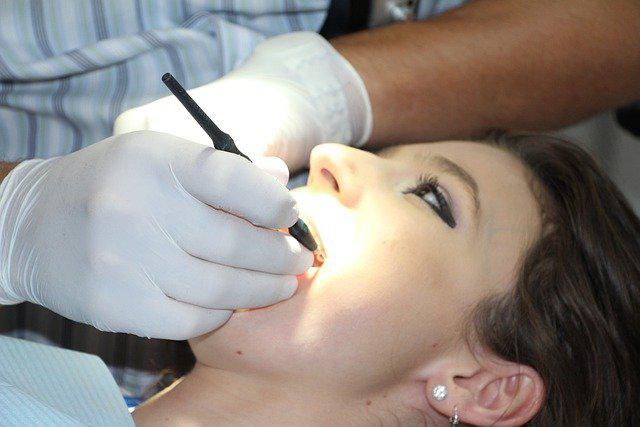
In Canada, professionals need to understand the dental hygiene continuing education requirements. This is because dental hygienists need to document their professional learning activities to meet continuing competence requirements. Failure to do so could result in the suspension of your professional permit.
Of course, all dental hygienists graduate from dental hygiene programs and pass the National Dental Hygiene Certification Board (NDHCB) exam. In most provinces, dental hygienists have to maintain a portfolio of continuing education courses and meet certain requirements for competency and course hours within a three-year timeframe.
In Ontario, for example, dental hygienists must engage in 75 hours of continuing education every three years. 80% of these hours must focus on direct learning and practice, while 20% can come from conferences and meetings. As a dental hygienist, you are responsible for ensuring your classes meet the continuing education requirements for your province.
This process can sometimes be confusing. You will be spending an average of 25 hours per year on continuing education, so you certainly do not want to waste time on courses that will not fulfill the requirements.
Specialized institutions provide professional development courses that help busy professionals meet their continuing education needs while growing their skill set. For example, at RDHU, we offer both online and onsite courses that qualify for your continuing education portfolio. In addition, we offer training programs that show you how to use new technology. Currently, you can access soft tissue diode laser training through RDHU.
Here is a closer look at the options RDHU can give you to meet your continuing education needs.
At RDHU, we offer subscriptions, packages, and stand-alone courses. With these options, we make it easy to track your continuing education portfolio and break the professional development efforts down into manageable portions. 75 hours seems like a lot, but if you divide it evenly, it is only 2 or 3 hours per month. At RDHU, we make this type of ongoing education straightforward.
Here's how:
RDHU was started by dental hygienists, so we understand the unique needs of our students. This is why we make it easy to manage your continuing education through packages and offer both online and in-person courses while also offering useful training that will help you grow your skills and further your career.
Contact us today to learn more.
Word count: 603/600The text has been certified100% original by CopyscapeEditDownload